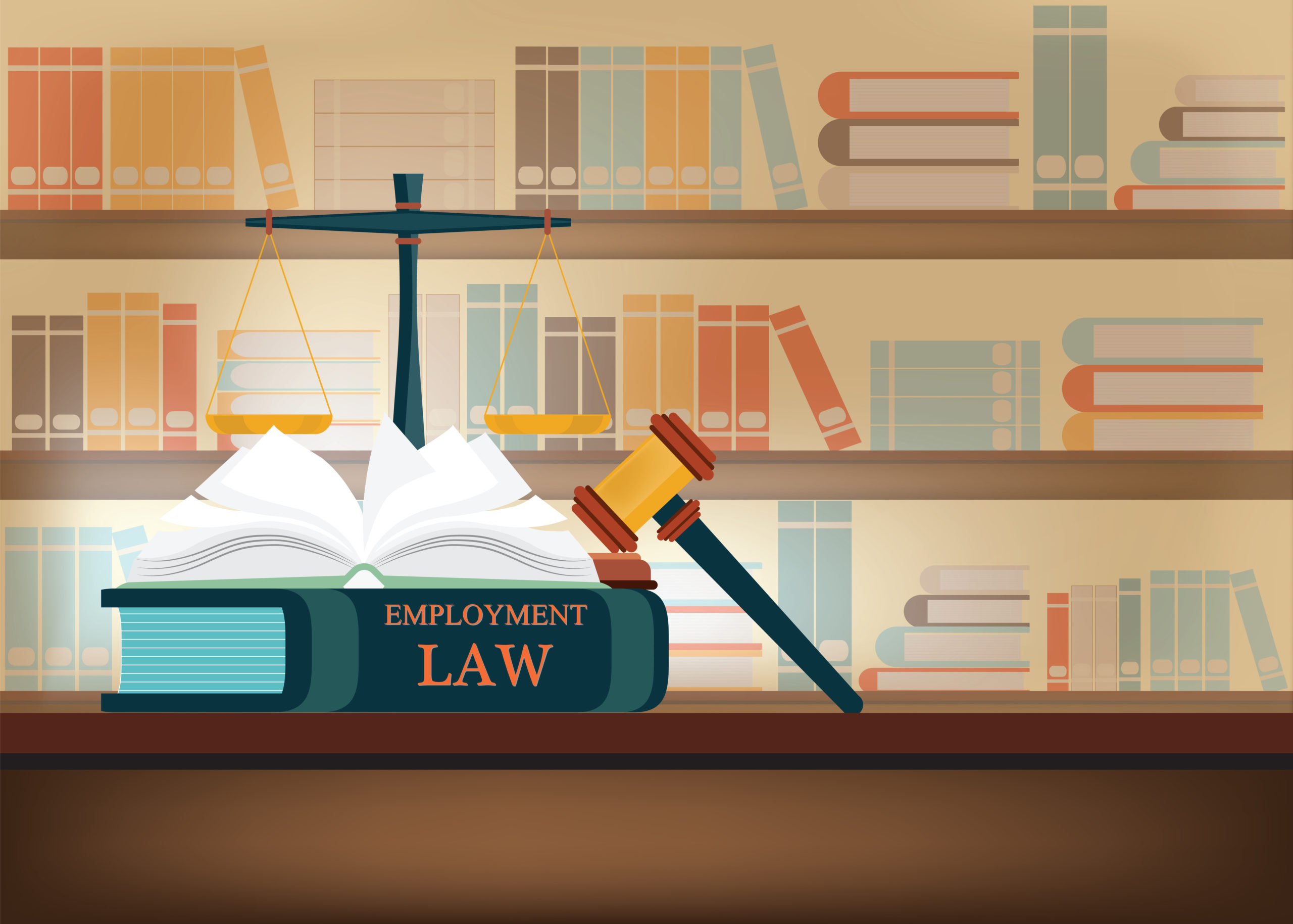What can you do if you are not Being paid Minimum wage?
If your employer is not paying you minimum wage and/or overtime pay, you should file a complaint with the Wage and Hour Division of the United States Department of Labor. Keep in mind, however, not every employee is entitled to minimum wage and/or overtime pay. Employees entitled to minimum wage and/or overtime pay must be nonexempt under the Fair Labor Standards Act (“FLSA”). Moreover, employees covered under the FLSA that are able to provide evidence of wages below $7.25 per hour (as of July 24, 2009) or the failure of an employer paying overtime wages are entitled to file a complaint. Overtime pay under the FLSA requires an employer to pay the employee 1½ times the standard rate when an employee surpasses 40 hours in a workweek.
However, some individuals may be exempt under the FLSA. Therefore, they are not entitled to minimum wage and/or overtime pay. A person is likely to be exempt under the FLSA if the they are an independent contractor, an outside salesperson, a small farms worker, a switchboard operator employed by a phone company with less than 750 stations, an employee of a seasonal amusement business, an employee of a small local newspaper, a deliverer of newspaper, or an apprentice. This is just a brief overview of the categories exempt under FLSA. Moreover, even if your business is exempt from the Federal wage regulations, state and local laws may still apply to your business.
Filing a claim with the Wage and Hour Division is confidential and free. An employer is not allowed to terminate your employment or punish you as a result of filing a complaint against them. Furthermore, a complaint should be filed as soon as possible to avoid any potential problems with the statute of limitations.
Can I sue my Employer for not Paying me?
If your employer for whatever reason is not paying you the applicable minimum wage or the agreed wage for your hours worked, you have a legal claim to recover damages against your employer. You can either bring a lawsuit in court or file an administrative claim with the state’s labor department to recover these wages. If you are successful in your claim, you may not only be entitled to the unpaid wages, but to interest on the wages at a rate set by your state’s laws. There may also be penalties applied for these violations which depending on the company, can be very costly.
Do Employers Usually win Unemployment Appeals?
It is not simple to determine which side has the advantage in these claims, because states weigh the relevant factors differently. After the claim is returned, interaction with the state is initiated. An investigation into the eligibility of the claimant is conducted by the state. The state will contact the employer for additional information. The state determines the claimant’s eligibility. If the employer or claimant disagrees with the determination, they have the right to appeal.
Ultimately, it comes down to being optimally prepared for your hearings. More often than not, whoever loses are the ones who avoid taking the hearings seriously, leaving them open to compelling arguments.


